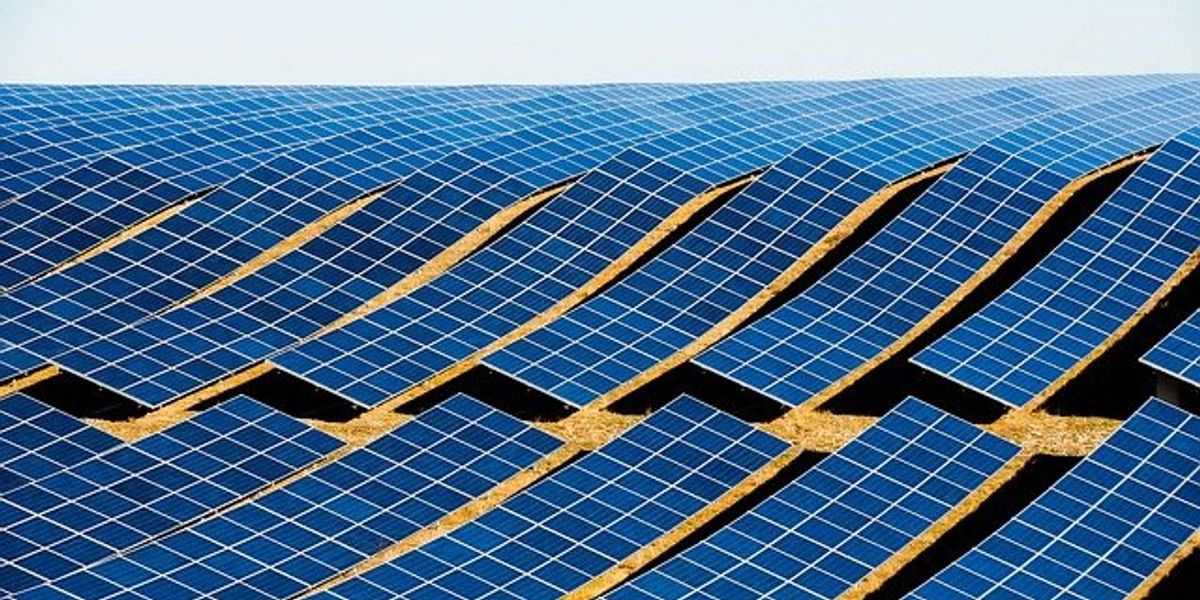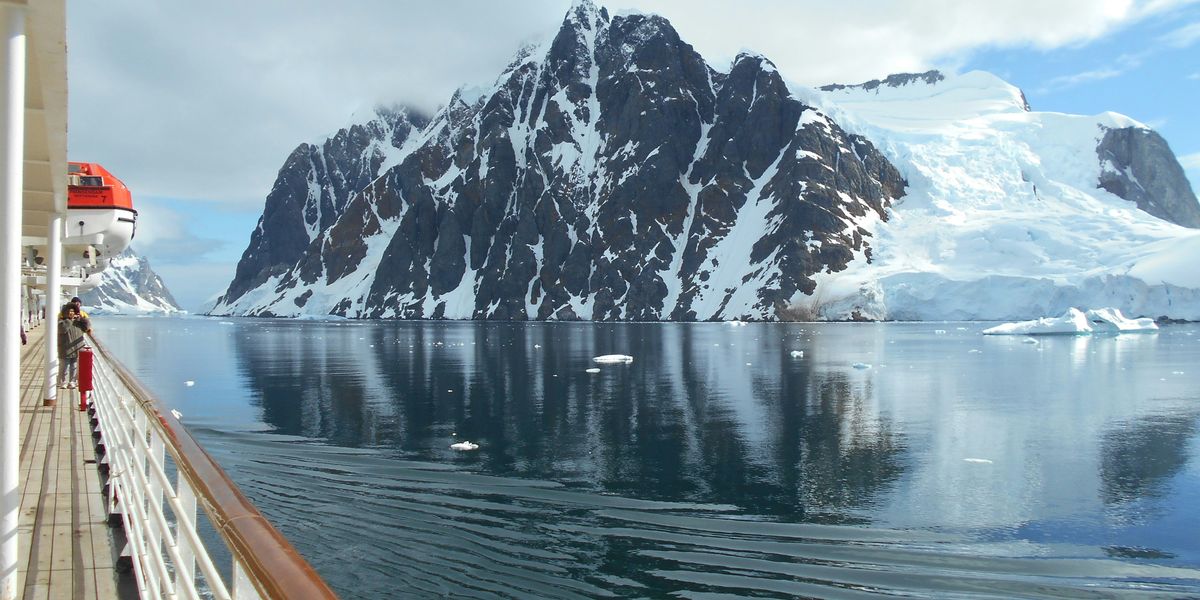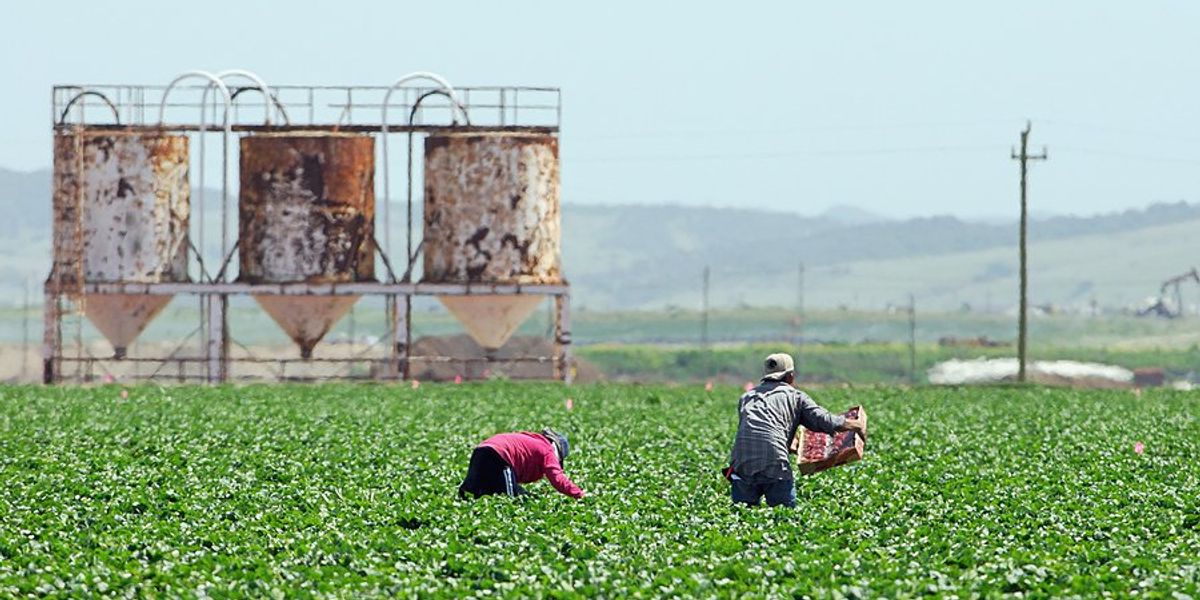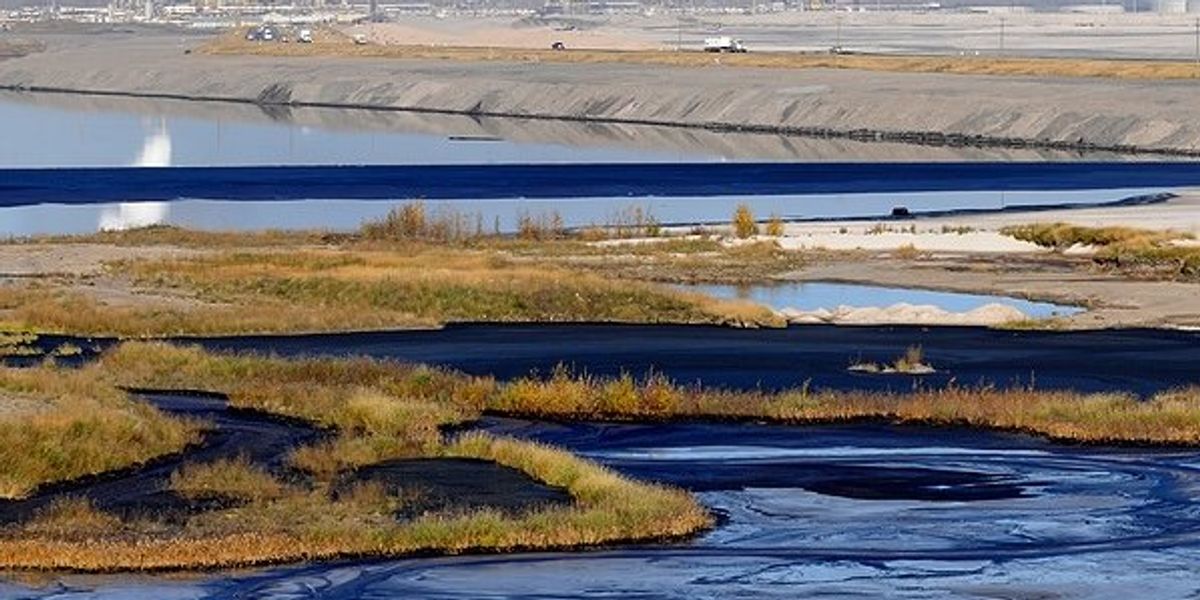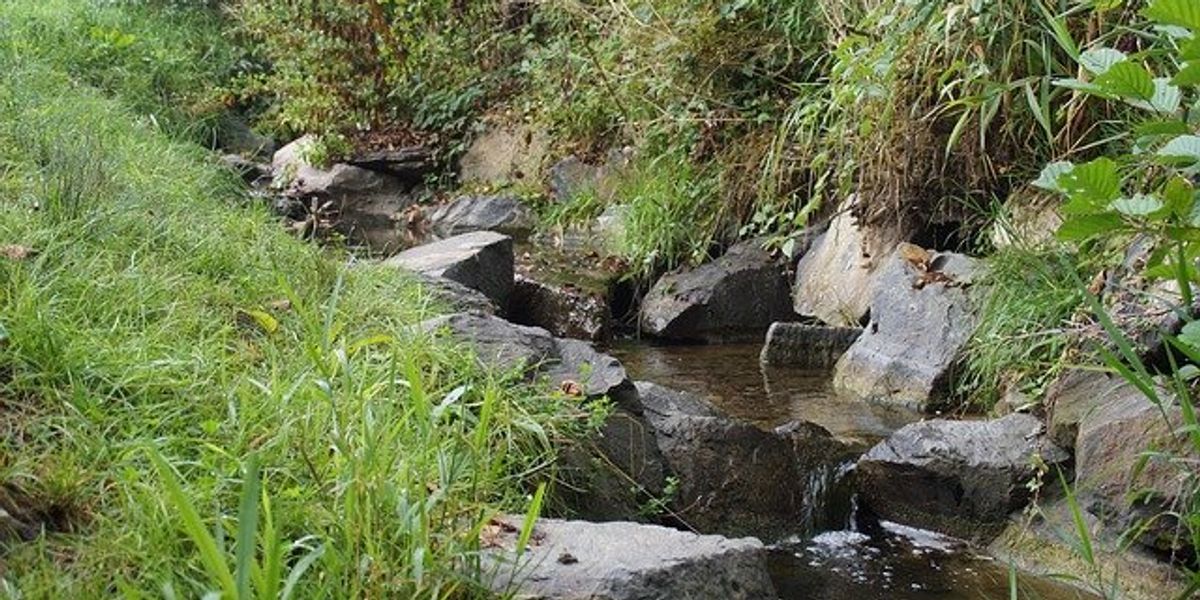
Extreme heat during Hajj exposes vulnerability of unregistered pilgrims
A deadly heatwave during the Hajj pilgrimage in Saudi Arabia resulted in many deaths, predominantly among unregistered pilgrims who lacked access to cooling facilities.
Susannah George, Heba Farouk Mahfouz, and Samuel Oakford report for The Washington Post.
In short:
- Temperatures in Mecca exceeded 125°F, causing over 1,300 deaths, mostly among unregistered pilgrims.
- Unregistered pilgrims, often swindled by unofficial travel agents, faced denial of access to cooling centers.
- Saudi efforts to mitigate heat, such as surface-cooling coatings and misting systems, proved insufficient.
Key quote:
"I can’t breathe and I feel like I’m going to get sunstroke while sitting in the tent. I don’t know where to go."
— Ahmad Bahaa, Egyptian pilgrim
Why this matters:
This disaster is a stark reminder of the escalating impact of climate change on global health and safety. Extreme heat events are becoming more frequent and intense, posing severe risks, particularly in regions accustomed to high temperatures but not prepared for such extremes. For Saudi Arabia, a country that has traditionally handled large crowds during the Hajj, the incident calls for a reassessment of strategies to manage environmental hazards and ensure the safety of all pilgrims.

